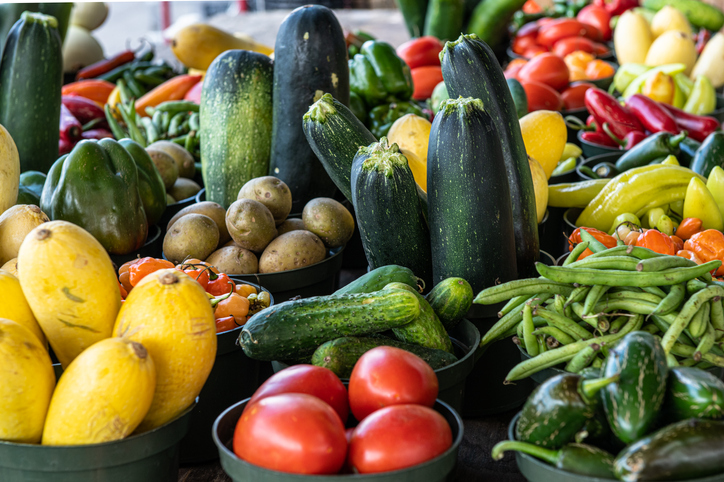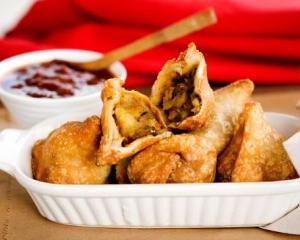
Stats NZ today released its latest food price index, which shows prices have been increasing for a variety of crops.
“In 2020 prices have been high for a variety of crops, including potatoes, courgettes and tomatoes, at different times of the year and for different reasons,” consumer prices manager Katrina Dewbery said.
As a result of higher fruit and vegetable prices, she said overall food prices have been trending higher than the most recent consumers price index inflation of 1.4 per cent in the year ended September 2020, with December figures due to be released on January 22, 2021.
“Food prices often vary from headline inflation as they can be influenced differently by factors such as growing conditions, international trade, and labour costs,” Dewbery said.

These were slightly offset by meat, poultry, and fish prices, which were down 0.7 per cent.
Dewbery said 2020 was an eventful year with many significant food price movements.
In April, potatoes reached an all-time high price of $2.51/kg while New Zealand was under the Covid-19 lockdown. This was mainly caused by a shortage of labour and an increase in demand from supermarkets.
In July, courgette prices skyrocketed to a record high price of $29.60/kg as imports from Queensland were suspended due to a virus impacting all fresh cucurbit.
In August, tomatoes hit an all-time high price of $13.65/kg as uncertainty for growers about replanting crops during lockdown caused a shortage.
In November, strawberry prices were cheaper than usual as exports decreased leaving more produce available in New Zealand.













